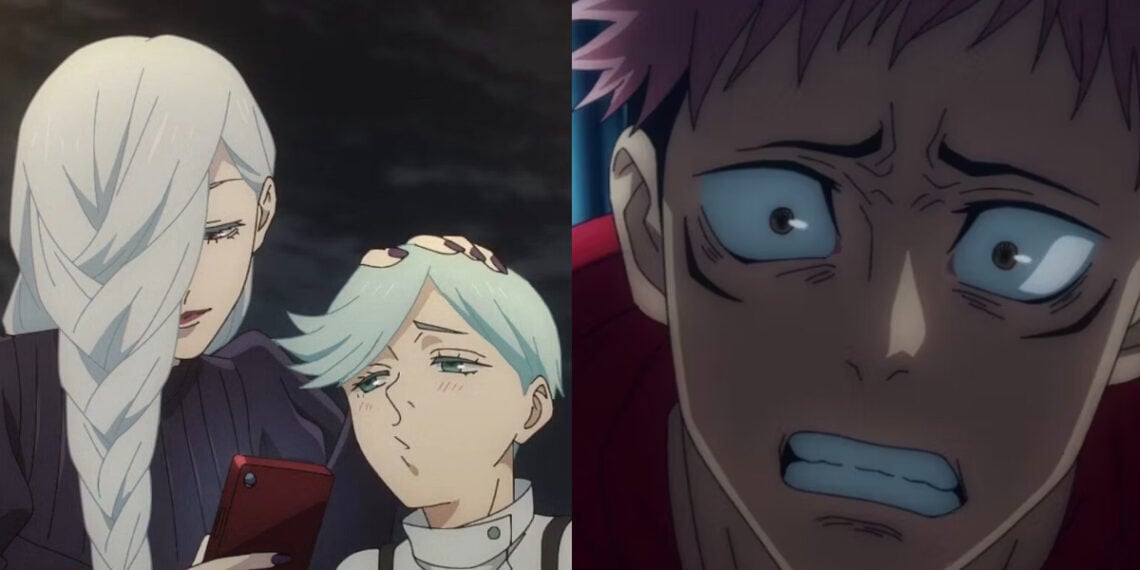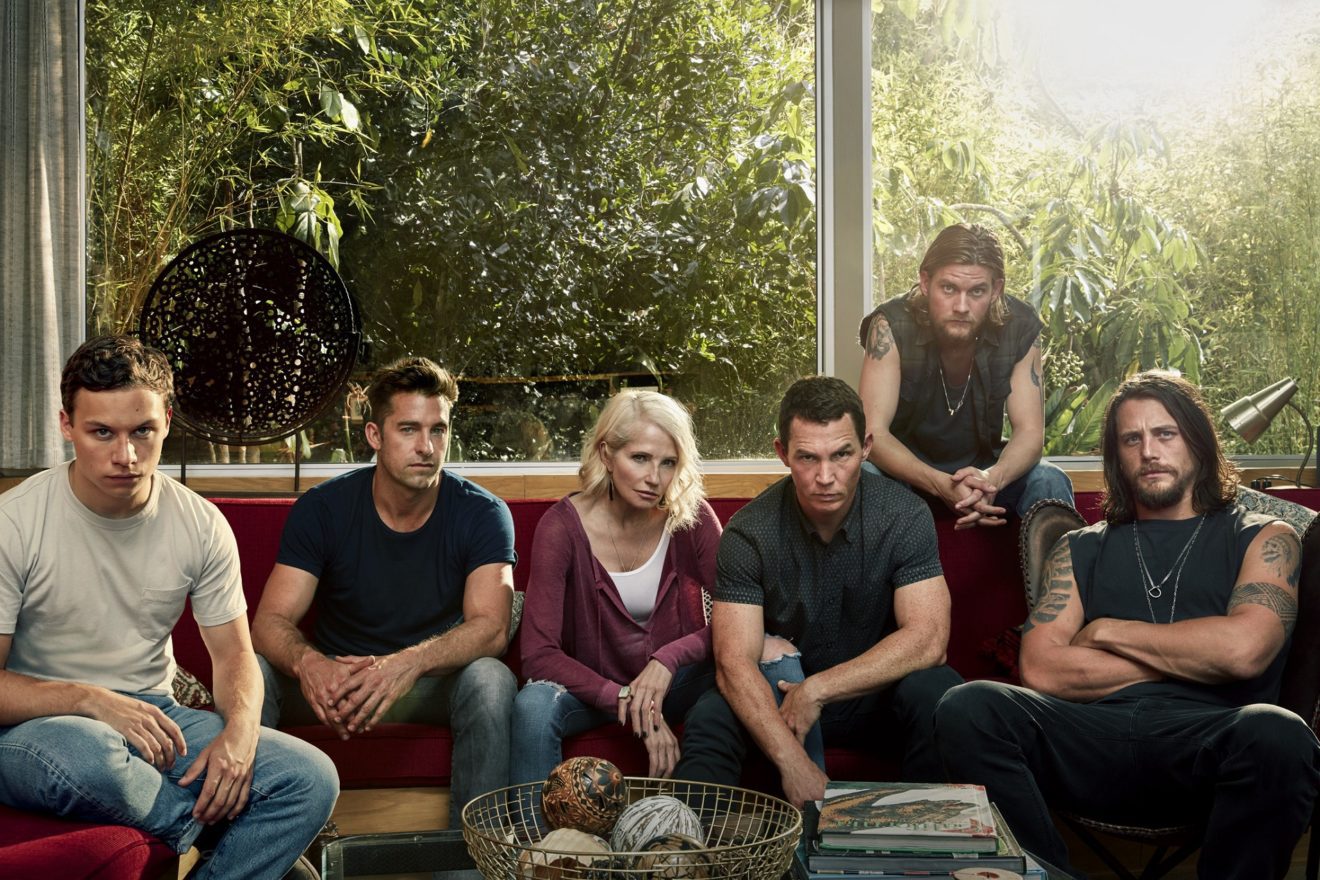The popular anime series Jujutsu Kaisen recently featured a controversial scene between characters Mei Mei and Ui Ui in Season 2, Episode 22.
In the scene, Mei Mei invites her younger brother, Ui Ui, to sleep in the same bed with her in a way that has incestual undertones.
She asks suggestively if he hates it when she acts “improperly” towards him, clearly aware of the inappropriate power dynamic.
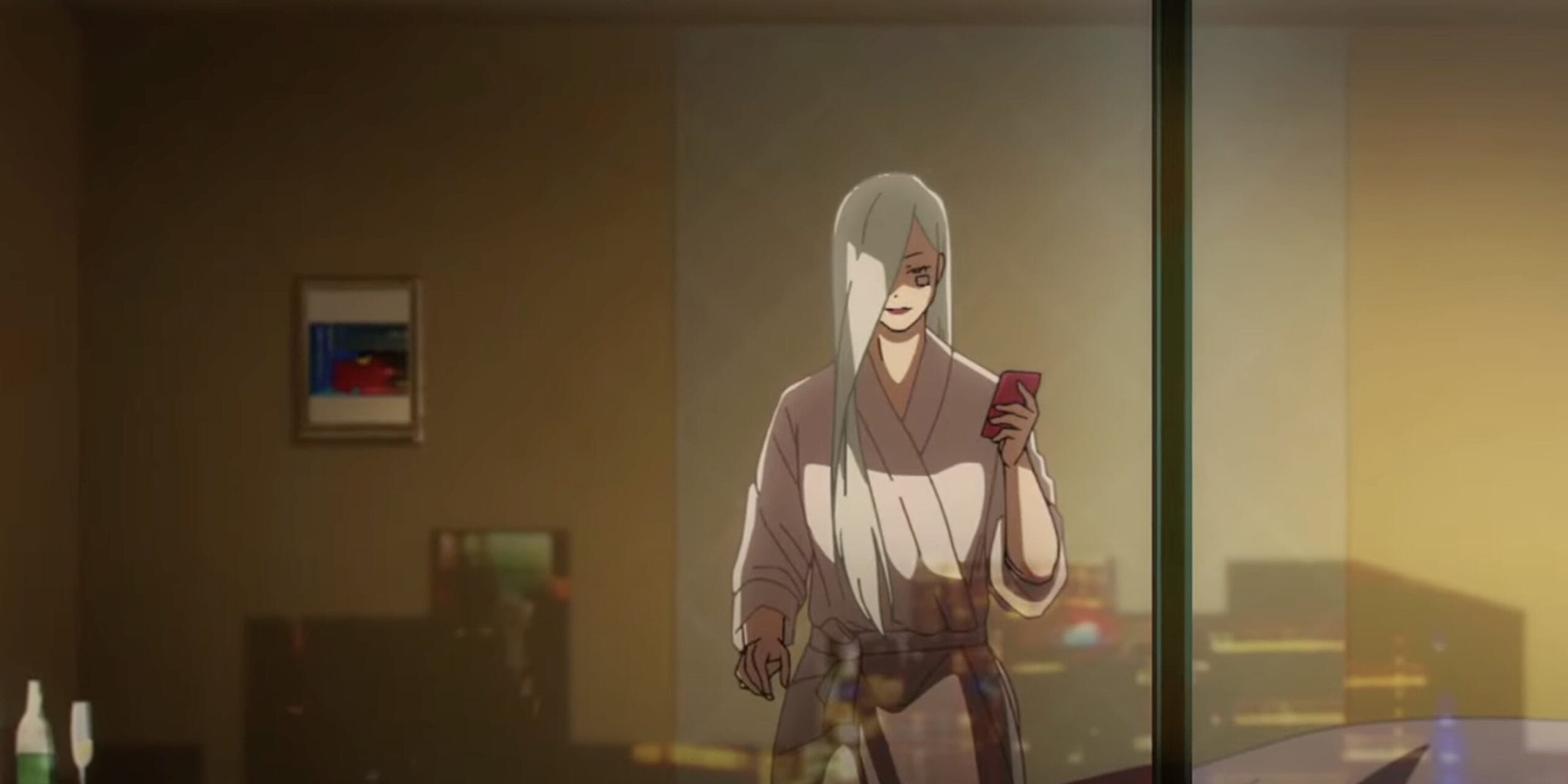
Ui Ui appears tempted yet conflicted. Mei Mei later leaves the bed to take a phone call, to Ui Ui’s evident disappointment.
This scene was adapted directly from the Jujutsu Kaisen manga source material. While some fans have defended Mei Mei’s behavior as playful teasing, most reactions have been highly negative, criticizing the incestual implications.
Many have expressed their criticism through humorous internet memes. The character “Mei Mei” even trended on social media, with nearly 100,000 posts discussing this controversial scene and its implications.
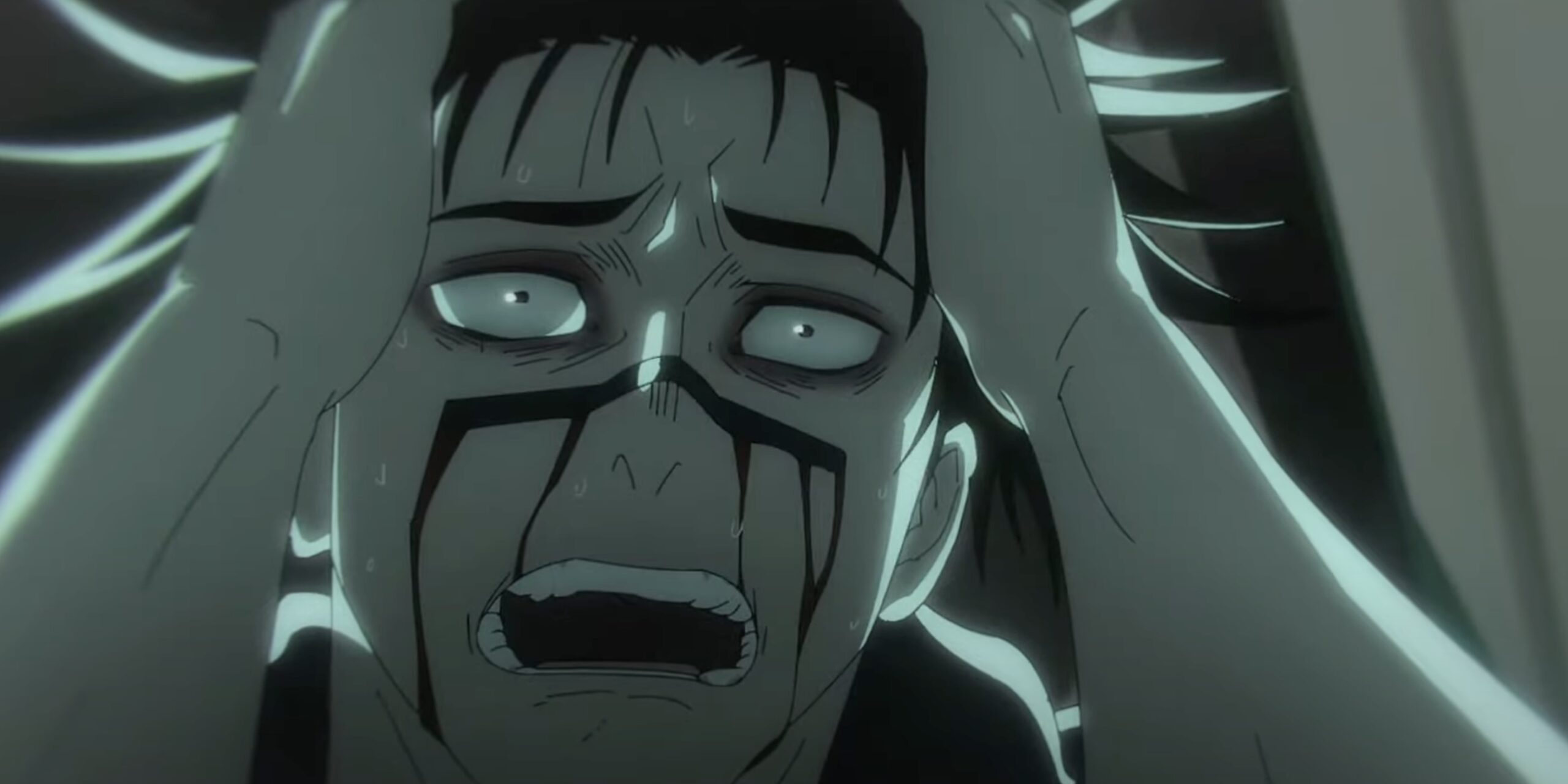
Overall, this adapted manga scene featuring Mei Mei and Ui Ui has sparked heated controversy and debate within the passionate Jujutsu Kaisen fan community over its inappropriate and morally questionable content involving siblings.
Divergent Reactions to Controversial Jujutsu Kaisen Scene: Cultural Perspectives
The controversial Jujutsu Kaisen scene featuring inappropriate incestual undertones between Mei Mei and Ui Ui has provoked very different reactions within the Japanese versus Western fan communities.
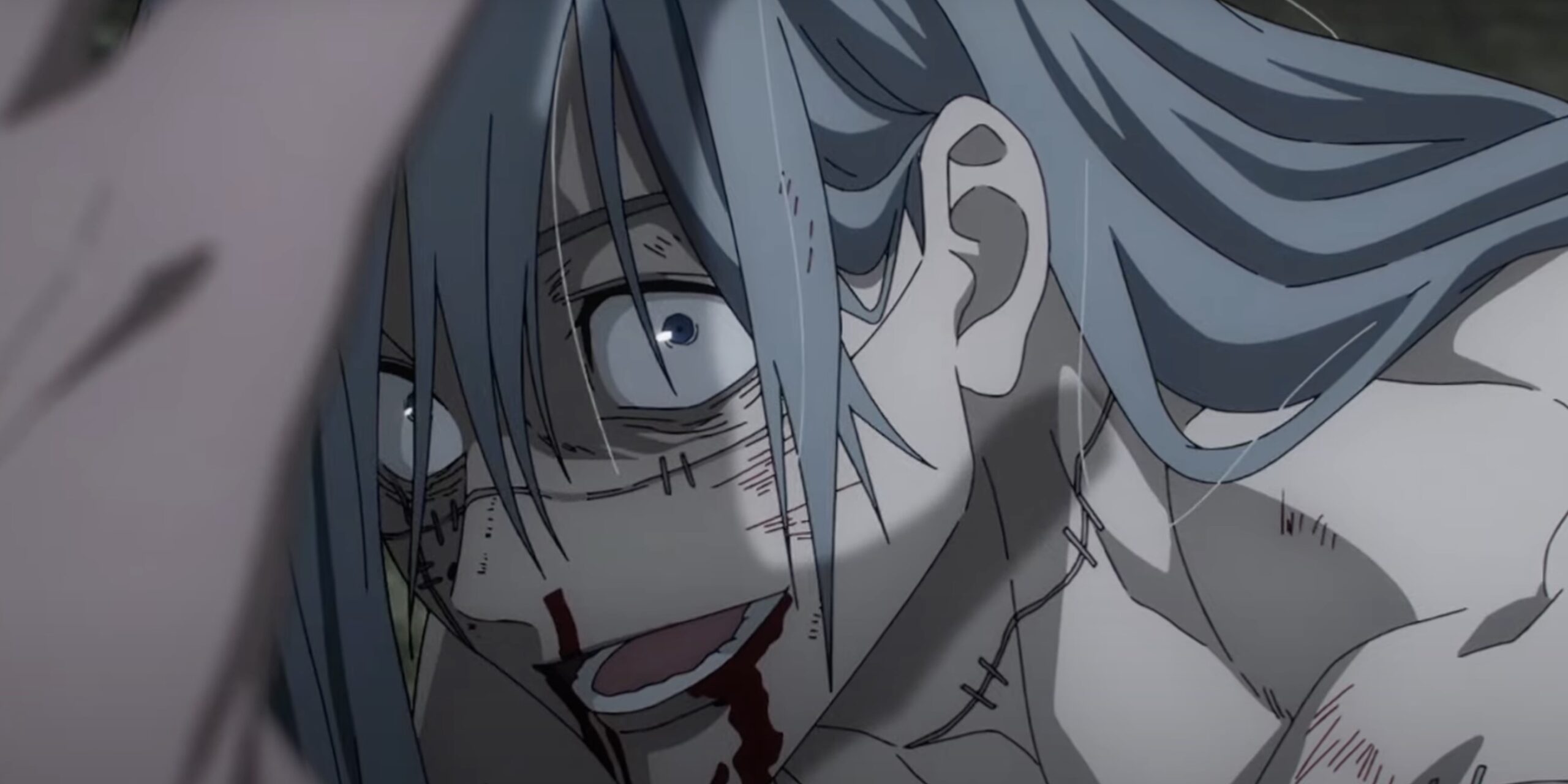
While many Western viewers found seeing Mei Mei inviting her young brother into bed highly inappropriate and morally questionable, Japanese otaku fans have actually responded positively to this scene adapted straight from the manga source material.
This divergence stems in part from differences between Western entertainment and the niche Japanese anime industry.
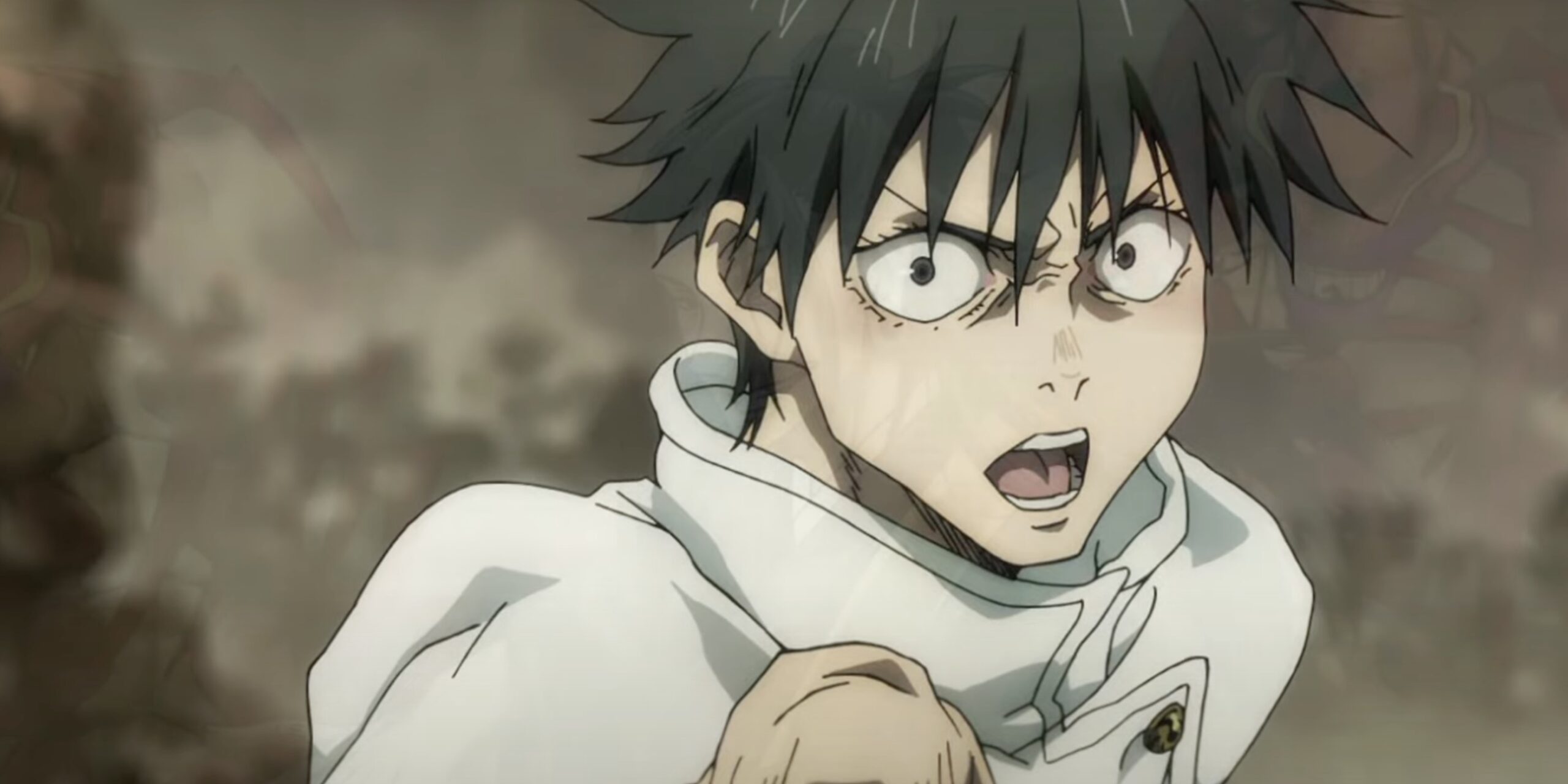
Western TV shows generally aim for mass appeal and nuanced political correctness. Japanese anime, however, caters more narrowly to the specific tastes of otaku fans who often enjoy problematic tropes like overly attached “imouto” little sister characters.
YOU ARE GOING TO HELL MEI MEI!! pic.twitter.com/RA56MzV1W0
— Jujutsu Kaisen (@Go_Jover) December 21, 2023
Besides pragmatic business considerations in the anime industry, these little sister tropes allow easy storytelling devices for writers to insert a doting female caretaker into a male protagonist’s home life.
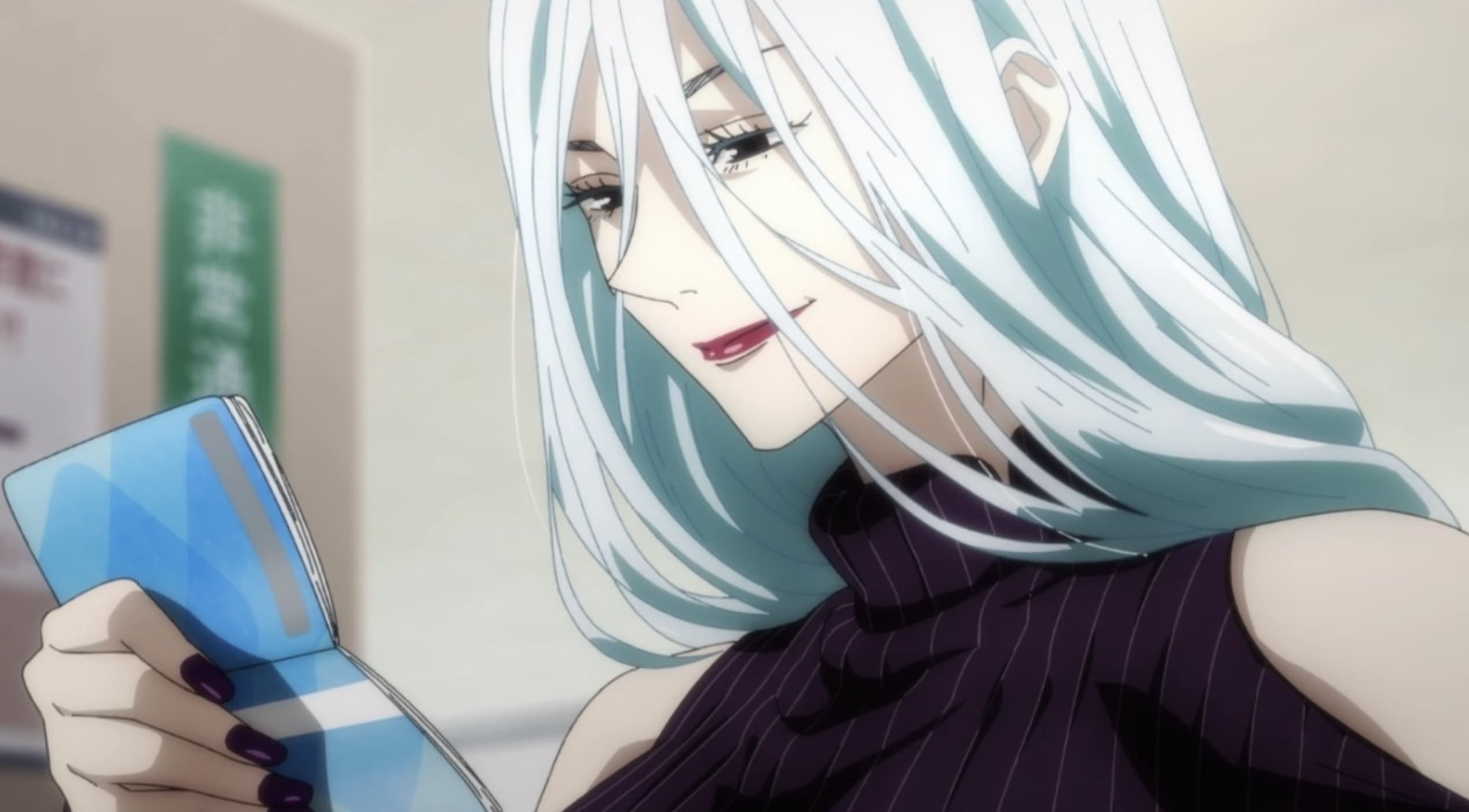
While still controversial, incest themes and little sister moe fetishes unfortunately sell well among the target Japanese otaku demographic.
So, while Western audiences widely criticize the sexualization of the sibling relationship in this Jujutsu Kaisen scene, Japanese fans offer more acceptance and even enjoyment of such boundary-pushing content.
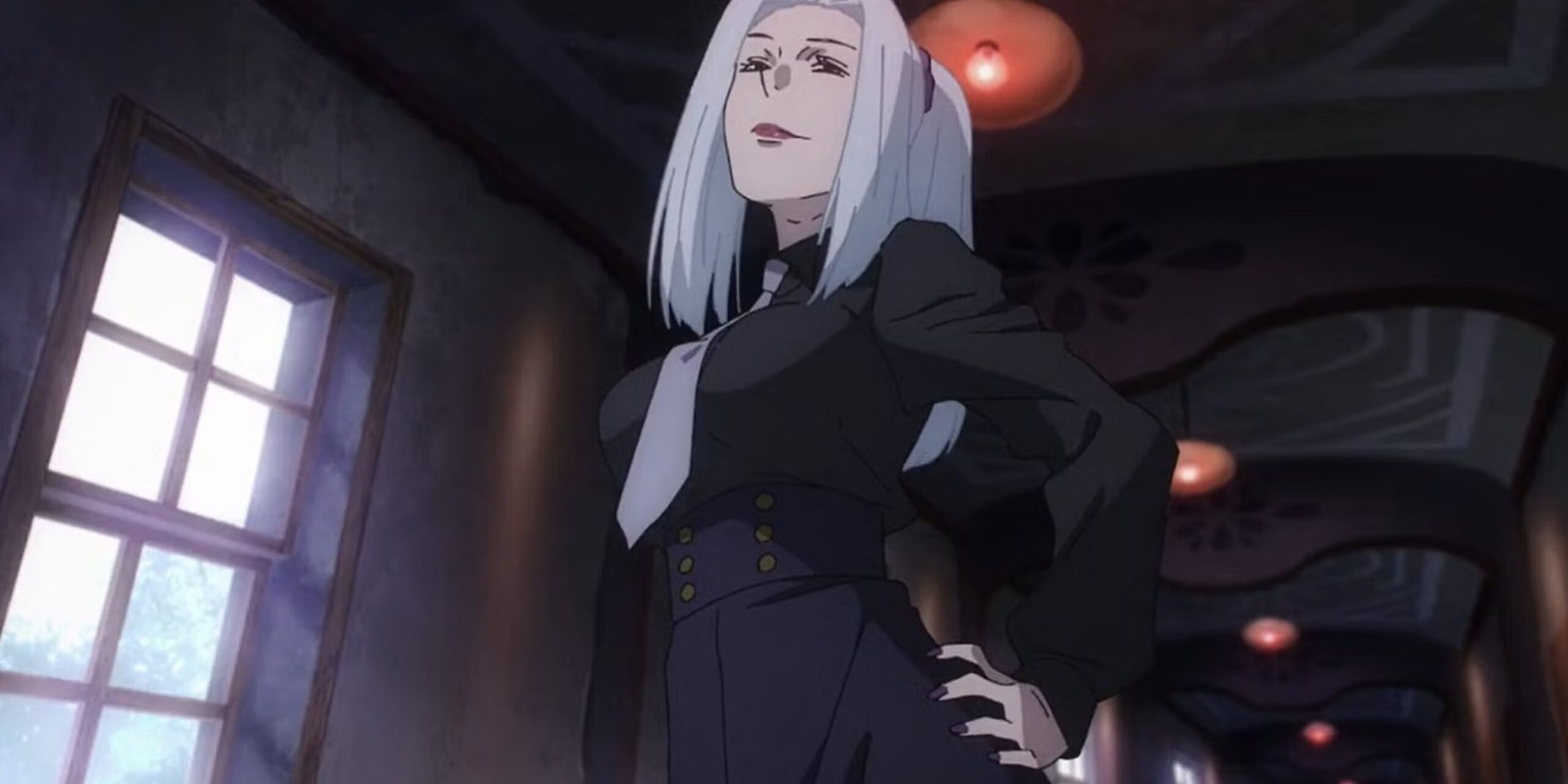
This reflects both cultural differences as well as the economic realities of the domestic anime business.
More About Mei Mei and Ui Ui’s Controversial Scene
The controversial scene in Jujutsu Kaisen depicting Mei Mei inviting her younger brother Ui Ui into her bed highlights a sibling relationship that goes beyond normal bounds.
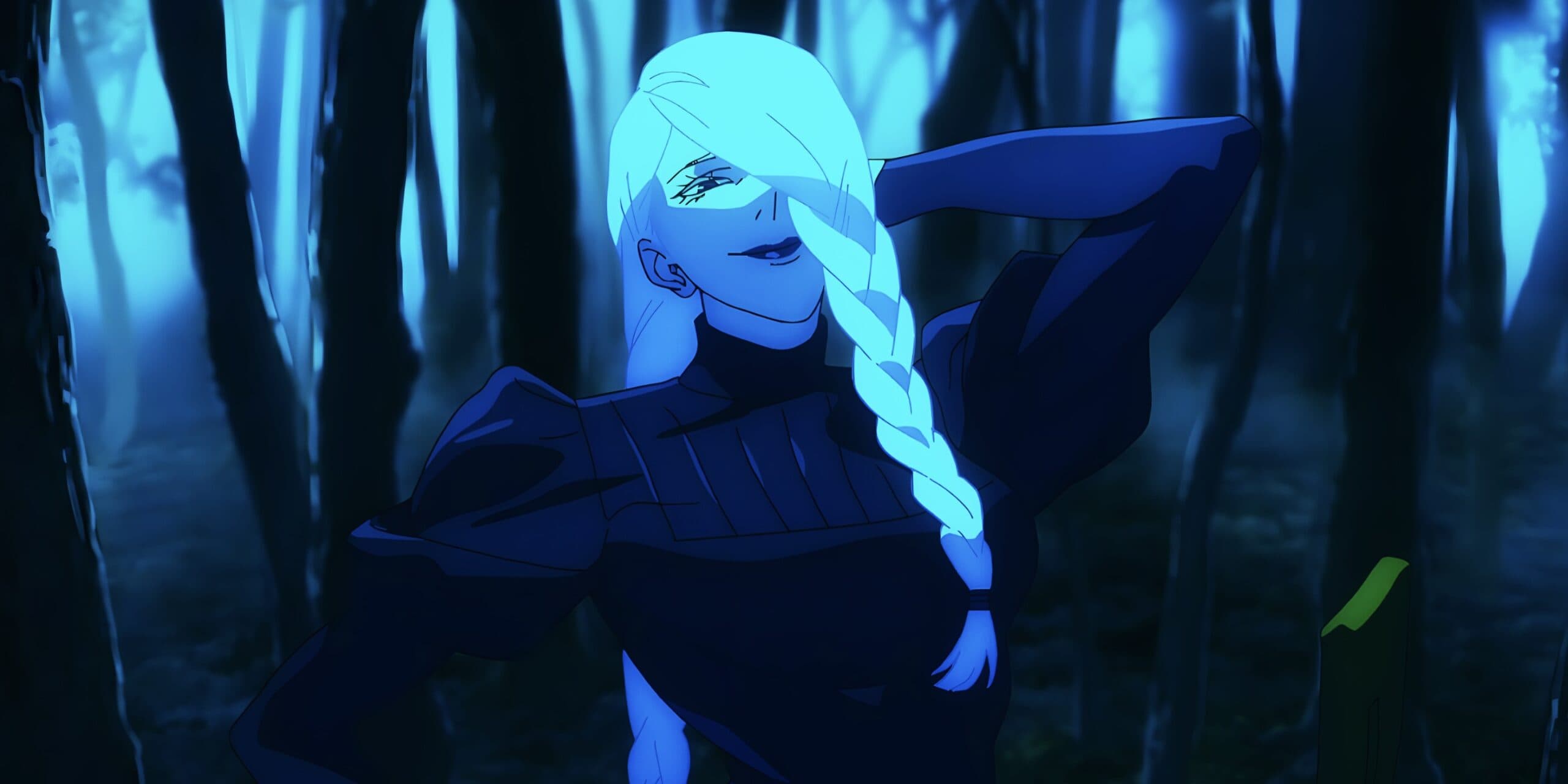
While Mei Mei’s intentions remain ambiguous, Ui Ui clearly harbors non-sibling feelings for her. This inappropriate attachment has been evident since the characters’ introduction, like when Ui Ui fiercely defends Mei Mei from criticism by the protagonist Yuji.
However, this latest scene explicitly develops an incestual tone that many viewers consider indefensible, regardless of context.
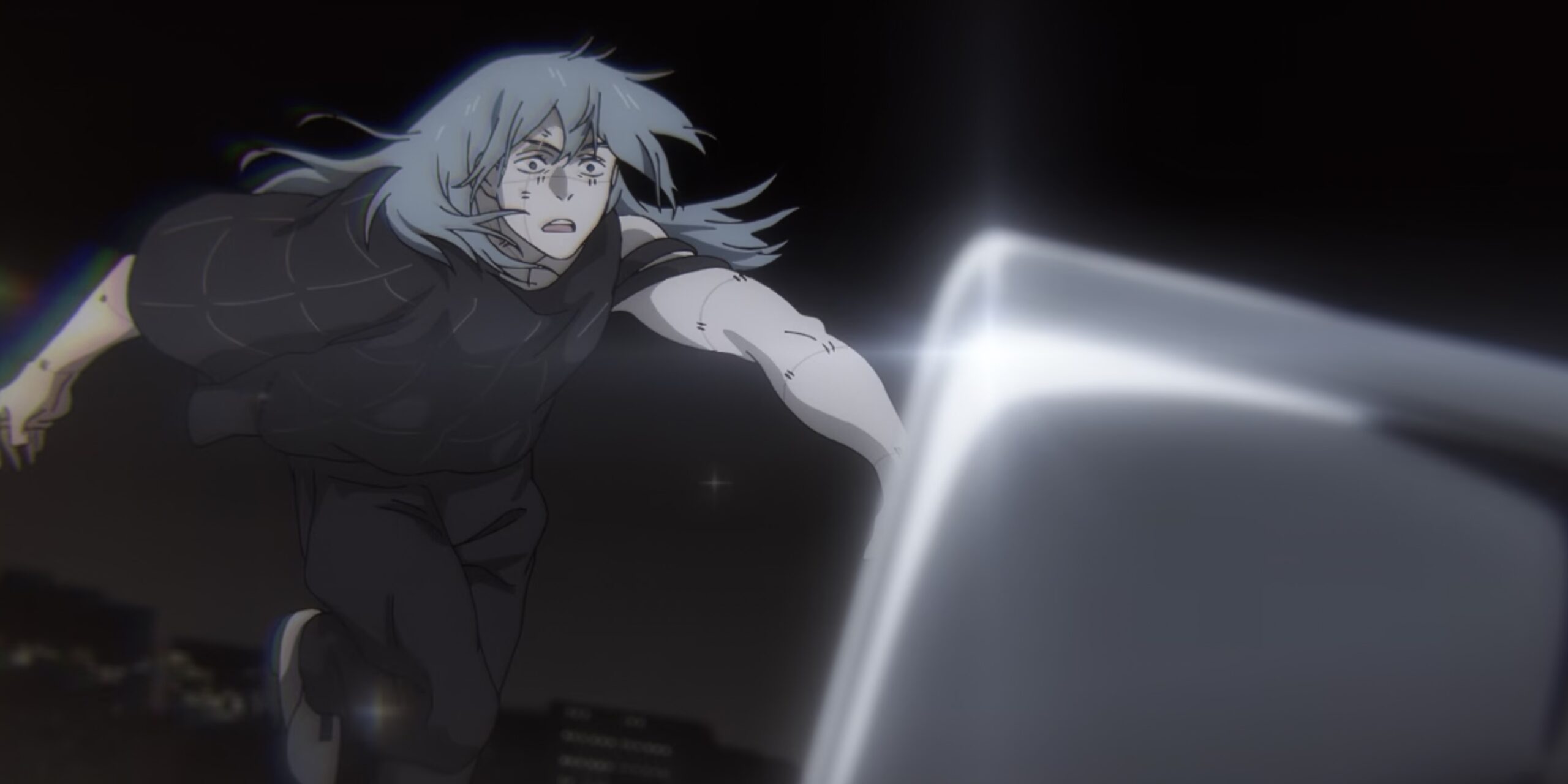
It raises questions about author Gege Akutami’s judgment in plotting this problematic relationship. Some defenders argue that Mei Meiembodies the larger theme of unfairness in the Jujutsu Kaisen world.
Her greedy, selfish nature highlights how the world can be corrupt. But this argument, while thoughtful, still fails to justify taboo incest themes for most fans.
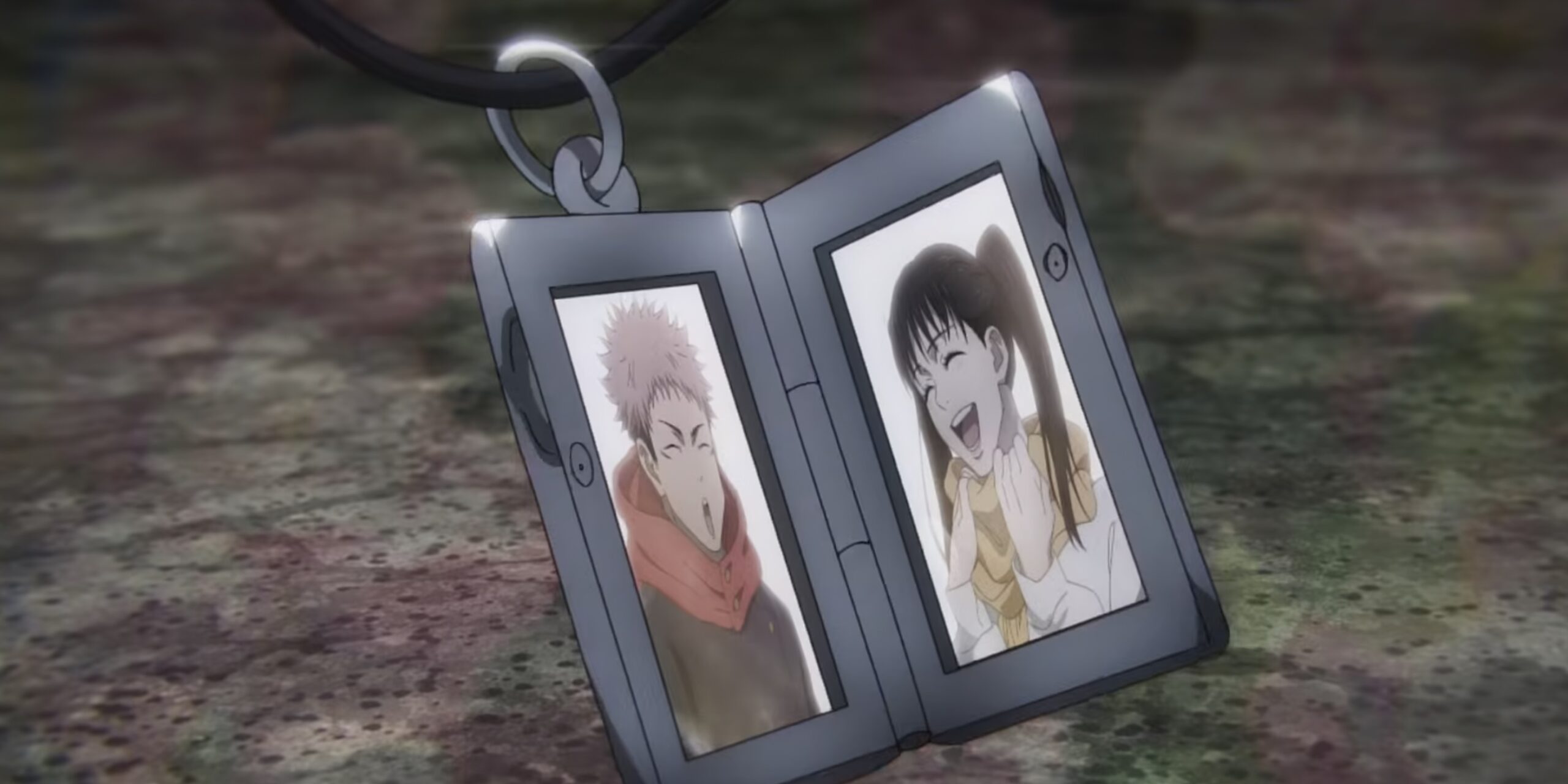
Ultimately, this controversy stems from the author’s choice to push a brother-sister relationship well past normal platonic love into inappropriate territory.
While connecting it to broader themes, this creative decision remains highly divisive among audiences.
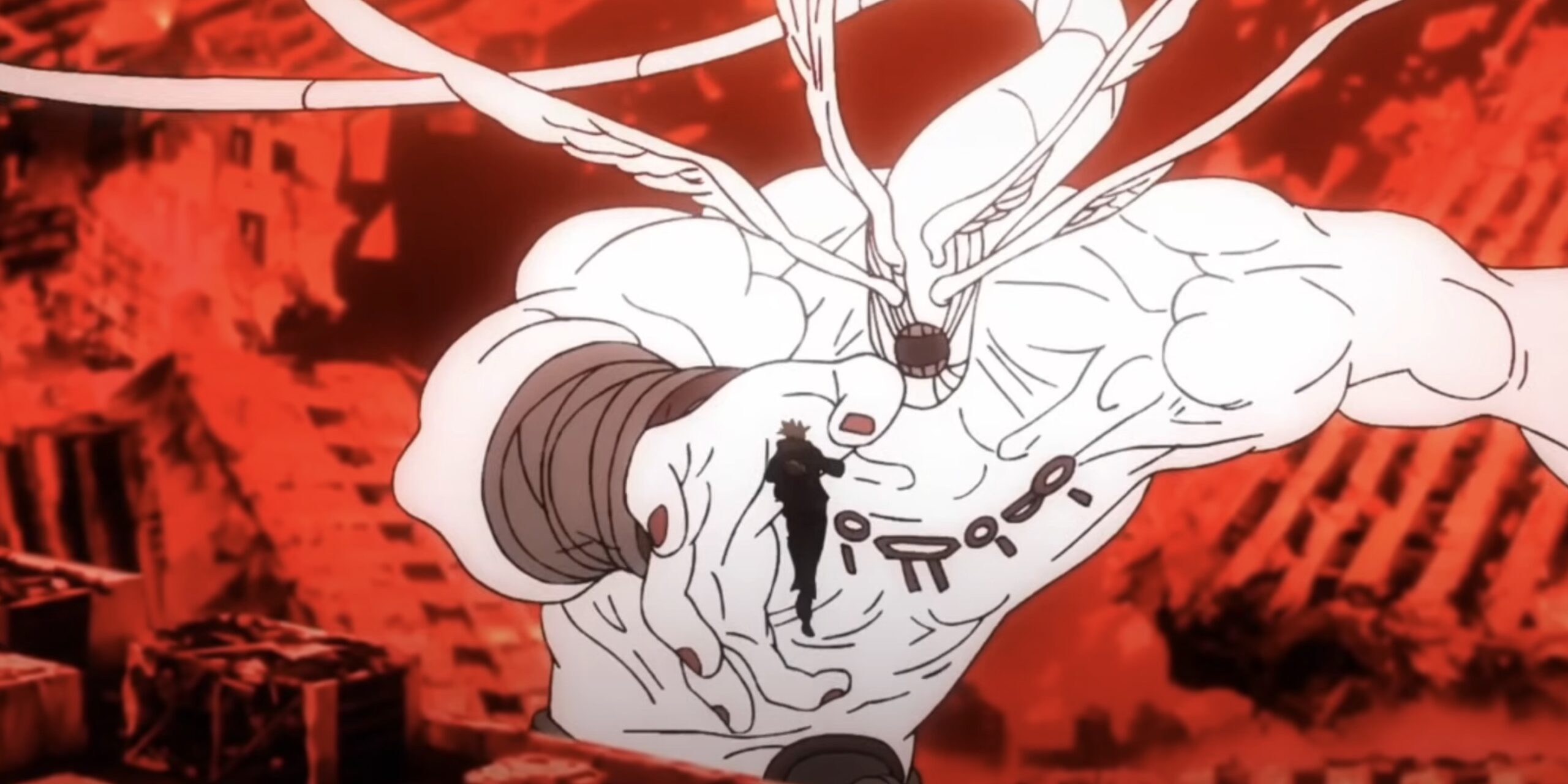
The scene provokes intense debate around the ethics of such taboo fictional relationships – especially between beloved characters.
Controversial Decisions and Production Issues Stir Debate Among Jujutsu Kaisen Fans
The Mei Mei controversy compounds other hotly debated story decisions that seem to unjustly punish morally upstanding characters while sparing selfish ones like her.
For example, fan-favorite teacher Nanami heroically sacrifices himself while the selfish Mei Mei suffers no consequences. Protagonist allies Nobara and Todo also experience severe maiming and incapacitation.
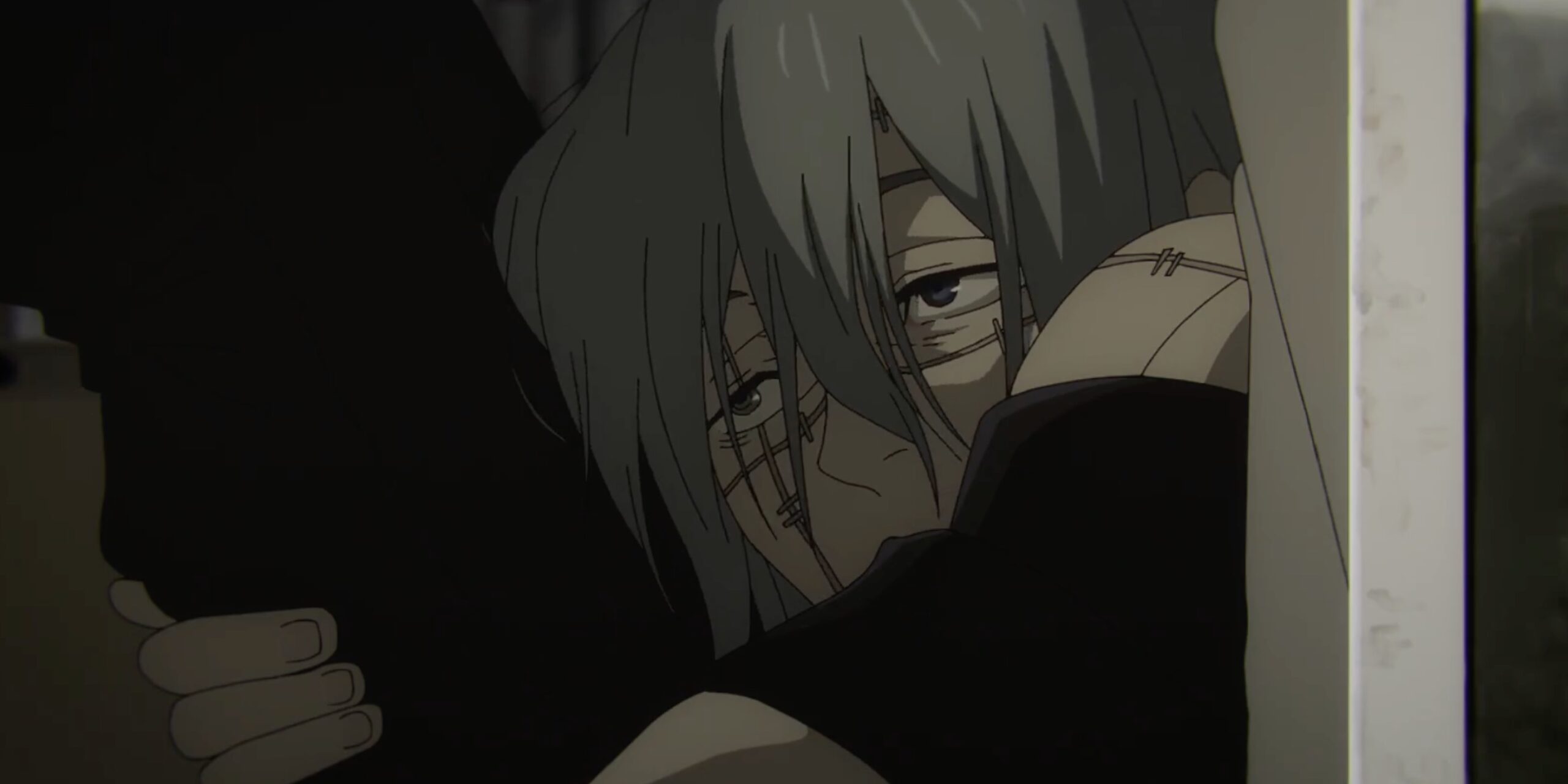
This apparent unfairness angers fans who feel attached to these characters. Some declare they may stop following the series if suffering protagonists don’t get narrative justice while villains thrive unscathed.
Beyond plotting issues, real-world production controversies have also impacted Jujutsu Kaisen’s reputation. An animator recently apologized over perceived religious insensitivity in a comedic cross-dressing scene.
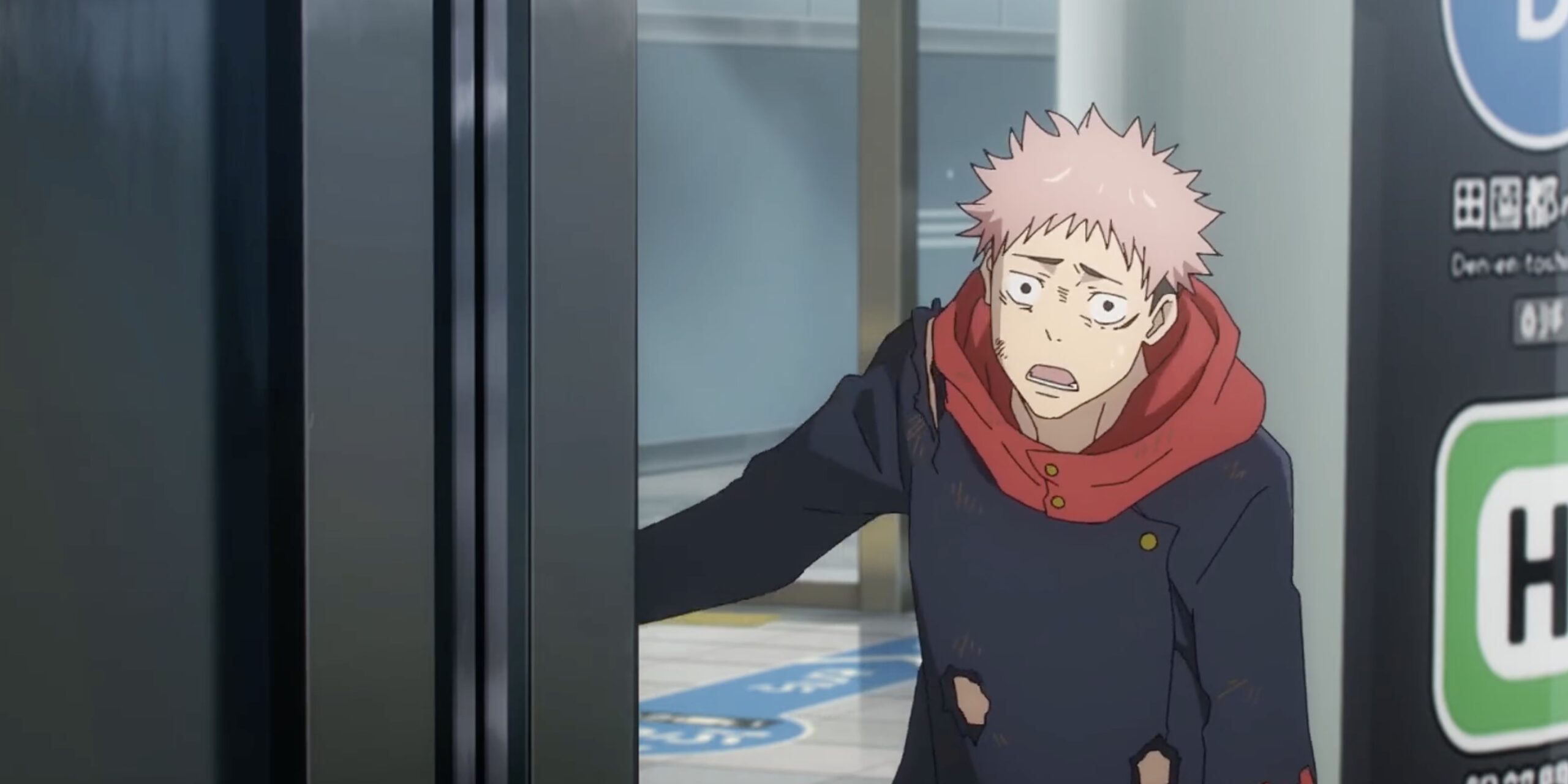
Meanwhile, MAPPA animation studios still face heavy scrutiny for overworking and underpaying staff to produce the acclaimed series – spurring petitions to improve animators’ reported “hellish” working conditions.
With the climactic Season 2 finale nearing release on streaming platforms like Crunchyroll, fans anxiously await resolutions to both dramatic plotting controversies around unfair harm to beloved characters as well as real-world production controversies undermining the show’s creation.
The coming finale will prove a major litmus test for the divided Jujutsu Kaisen fanbase.


